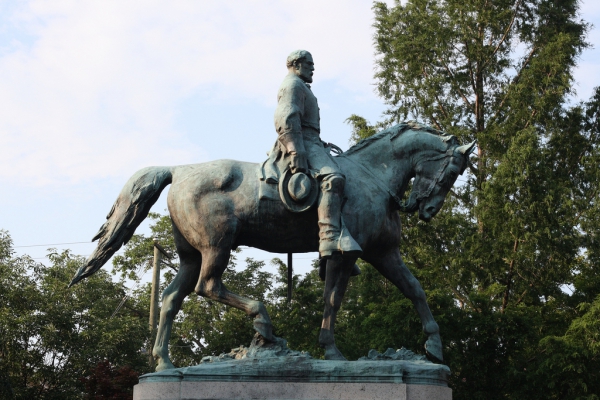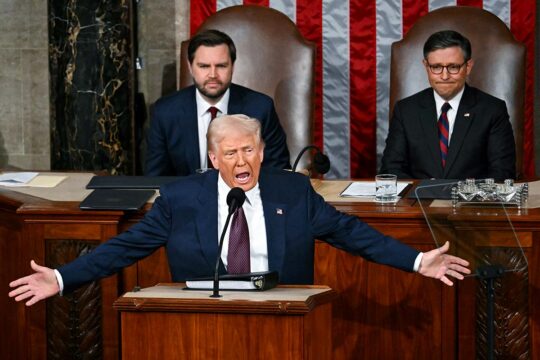Looking again at a divided past is part of transitional justice. How can a country, an institution come to terms with the memory of a past which still divides people? Sylvie Wuhrmann, director of the Fondation de l’Hermitage art gallery in Lausanne, Switzerland, puts it rather elegantly: “We should not punish the works of art because of their past. A museum is not a court but a place of remembrance.” The gallery is currently showing the exceptional art collection of Bürhle, a naturalized Swiss who made money selling canons to the Nazis.
In an article published by our partner The Conversation, professor Jean-Michel Saussois says this exhibition is “also a lesson in history and sociology, leading us to reflect on this patron of the arts who built his collection from 1936 to 1956, passing the years of fascism and war untroubled”. According to the professor, “the fondation Bührle shows transparently the history of each work”, including some seized from Jews (bought legally from the heirs after the war). The curator explains that “a museum is an ideal place to raise these issues”.
This wise desire to be transparent and educational appears lacking in the US where politics have been polluted this summer by white supremacists wanting to perpetuate the ideas of the old segregationist South. Worse still, they have been encouraged by the President of the United States. The history of this disunited country still divides communities along racial lines. A century after the Civil War between the pro-slavery South and the North, there is still no common historical reading of it. Removing statues of dubious Southern heroes like General Robert E. Lee is evidence of this. “How can we not understand the will to remove the symbols of a past era when people were denied their humanity under the pretext that their skin was a different colour?” writes JusticeInfo editorial advisor Pierre Hazan. “But even if monuments are removed from public spaces, history is not wiped out. The toppling of Saddam Hussein’s statue in Iraq, Franco’s in Spain and Lenin’s in former communist countries has never eradicated the past, it has simply signalled the values of the present.”
Even Trump recognized this at one point when he tweeted that you “can’t change history, but you can learn from it”.







